Sea Snakes: The Fascinating Creatures of the Ocean
Characteristics of Sea Snakes
Sea snakes are highly adapted reptiles that are uniquely designed for life in the ocean. They are known for their streamlined bodies, which allow them to move through the water with great agility. With their paddle-like tails and scale-covered skins, sea snakes are perfectly adapted for swimming.
These venomous reptiles are air breathers, but they can stay underwater for extended periods of time. They have special valves in their nostrils that allow them to close off their airways while diving, enabling them to hunt for prey at depths of up to 300 meters.
Physical Features
Sea snakes have long and slender bodies that can measure up to 3 meters in length. Their scales are smooth and glossy, providing excellent hydrodynamics. Their heads are small with elongated snouts and their mouths are equipped with fangs to deliver potent venom to their prey.
They have relatively short fangs compared to land snakes, which are optimized for injecting venom into fish and other aquatic creatures. Their eyes have adapted to life underwater, enabling them to see well in dimly lit environments.
Sea snakes also possess a paddle-like tail that enables efficient swimming. This adaptation allows them to propel themselves through the water quickly and with minimal effort.
Venomous Adaptations

While sea snakes are venomous, they are not aggressive towards humans and only bite when provoked. Their venom is primarily used to immobilize and kill their prey. Sea snake venom is highly potent and is considered to be one of the most toxic substances in the animal kingdom.
Sea snakes have shorter fangs compared to their land-dwelling counterparts, as they do not need to penetrate thick skin or scales. Instead, their fangs are optimized for injecting venom into fish and other aquatic prey.
Despite their venomous nature, sea snake bites are extremely rare, as they typically reside in remote coastal areas and are not aggressive towards humans. However, it is essential to exercise caution if you come across a sea snake in the wild.
Distribution and Habitats
Sea snakes can be found in the warm tropical waters of the Indian Ocean, the Pacific Ocean, and the Red Sea. They have a broad range and can be encountered in coastal regions, coral reefs, mangroves, and even open ocean habitats.
Some species of sea snakes are entirely aquatic and never venture onto land, while others may occasionally come ashore to rest or lay their eggs. They are well adapted to life in the water, with flattened tails and an ability to dive to great depths.
Coral Reef Habitats
Sea snakes are often associated with coral reefs, where they find abundant prey and suitable hiding places. Some species have developed unique adaptations to live in these ecosystems, such as the ability to squeeze into tight crevices in the reef.
These reptiles are efficient hunters, feeding on small fish, eels, crustaceans, and other marine creatures found in and around coral reefs. Their venom allows them to immobilize their prey quickly, ensuring a successful hunt.
Despite their adaptability, sea snakes face threats from habitat destruction and pollution. The conservation of coral reefs is crucial for the survival of these fascinating creatures.
Mangrove Habitats
Mangrove forests are another important habitat for sea snakes. These unique coastal ecosystems provide rich feeding grounds and protection for the snakes. Mangrove habitats offer a complex network of roots and branches that sea snakes can use for shelter and protection from predators.
Sea snakes are excellent swimmers, but they are also adept at crawling through the branches of mangroves, allowing them to reach concealed prey. They are known to feed on small fish, crabs, and other invertebrates that inhabit the mangrove forests.
Preserving mangrove habitats is essential for maintaining the delicate balance of marine ecosystems and ensuring the survival of sea snakes and other species that depend on them.
Conservation Concerns
Sea snakes face several threats to their survival, primarily due to human activities. These include habitat destruction, pollution, and accidental capture in fishing nets. Climate change also poses a significant risk, as it can disrupt their reproductive cycles and impact their food sources.
Efforts are underway to protect and conserve sea snakes and their habitats. Establishing marine protected areas (MPAs), promoting sustainable fishing practices, and raising awareness about the importance of these reptiles are essential in ensuring their long-term survival.
Marine Protected Areas
Creating marine protected areas (MPAs) can help safeguard the habitats of sea snakes and other marine species. These protected areas restrict human activities that may harm the ecosystem, allowing marine life to thrive and recover.
MPAs can be established in critical sea snake habitats, ensuring that these reptiles have a safe haven where they can hunt, rest, and reproduce without disturbance. This helps maintain the delicate balance of marine ecosystems and promotes the conservation of sea snakes.
Supporting the establishment and maintenance of marine protected areas is crucial for preserving the biodiversity of our oceans and protecting the habitats of sea snakes.
Sustainable Fishing Practices
Sea snakes can often become unintentional victims of fishing practices such as trawling and gillnetting. These methods can result in the accidental capture and death of sea snakes as bycatch.
By promoting sustainable fishing practices that minimize bycatch, we can reduce the negative impact on sea snakes and other non-targeted species. Using alternative fishing techniques and employing devices that deter sea snakes from entering fishing nets can help protect these reptiles.
It is essential for the fishing industry to prioritize environmental sustainability to ensure the long-term survival of sea snakes and other marine species.
Our last words
Sea snakes are incredibly fascinating creatures that have adapted to life in the ocean. Their streamlined bodies, paddle-like tails, and venomous adaptations make them well-suited for hunting and surviving in aquatic environments.
Despite the risks they face from habitat destruction and human activities, efforts are being made to conserve and protect sea snakes. Creating marine protected areas (MPAs), promoting sustainable fishing practices, and raising awareness about the importance of these reptiles are crucial in ensuring their survival for future generations to admire and appreciate.
We hope you've enjoyed this article about the Sea snakes !
Feel free to subscribe to our private newsletter to receive more exclusive article. You will also receive a 10% bonus discount for our sea world catalogue. You will be notified via email whenever we release a new wonderful jewelry piece of the ocean.
Feel free also to go check out our website, we provide the best sea content and we offer you the best nautical jewelry all around the globe !

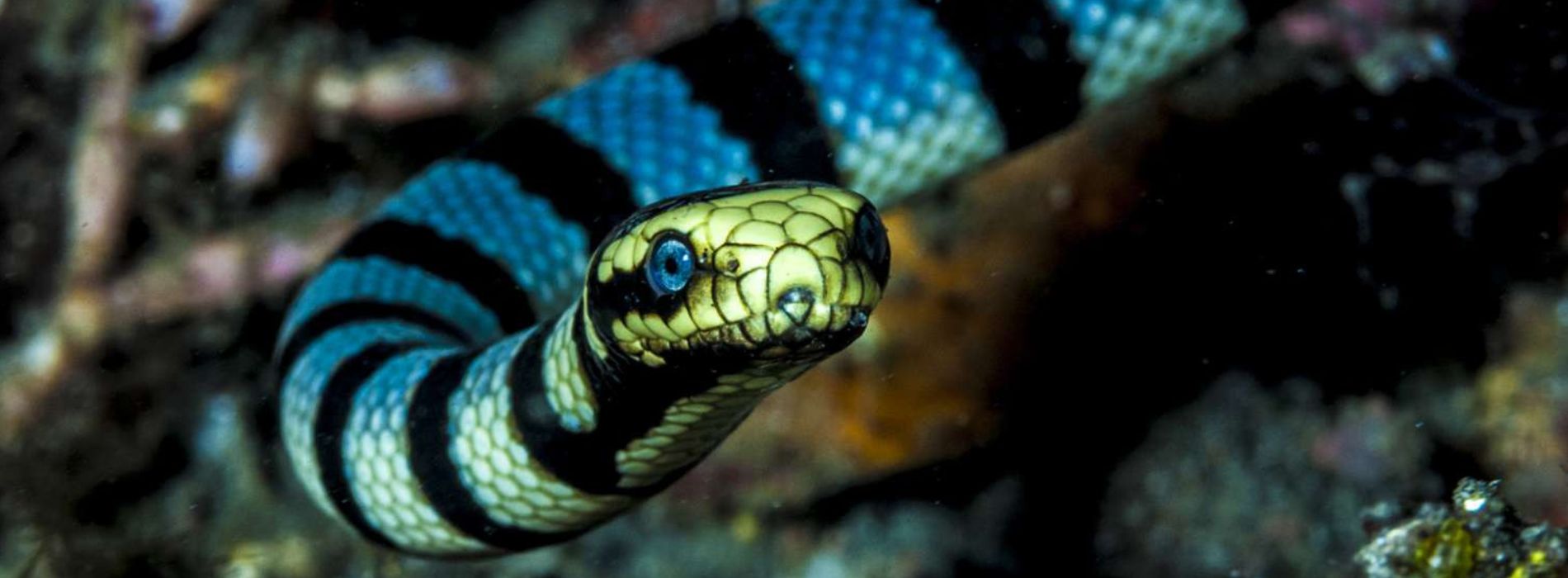
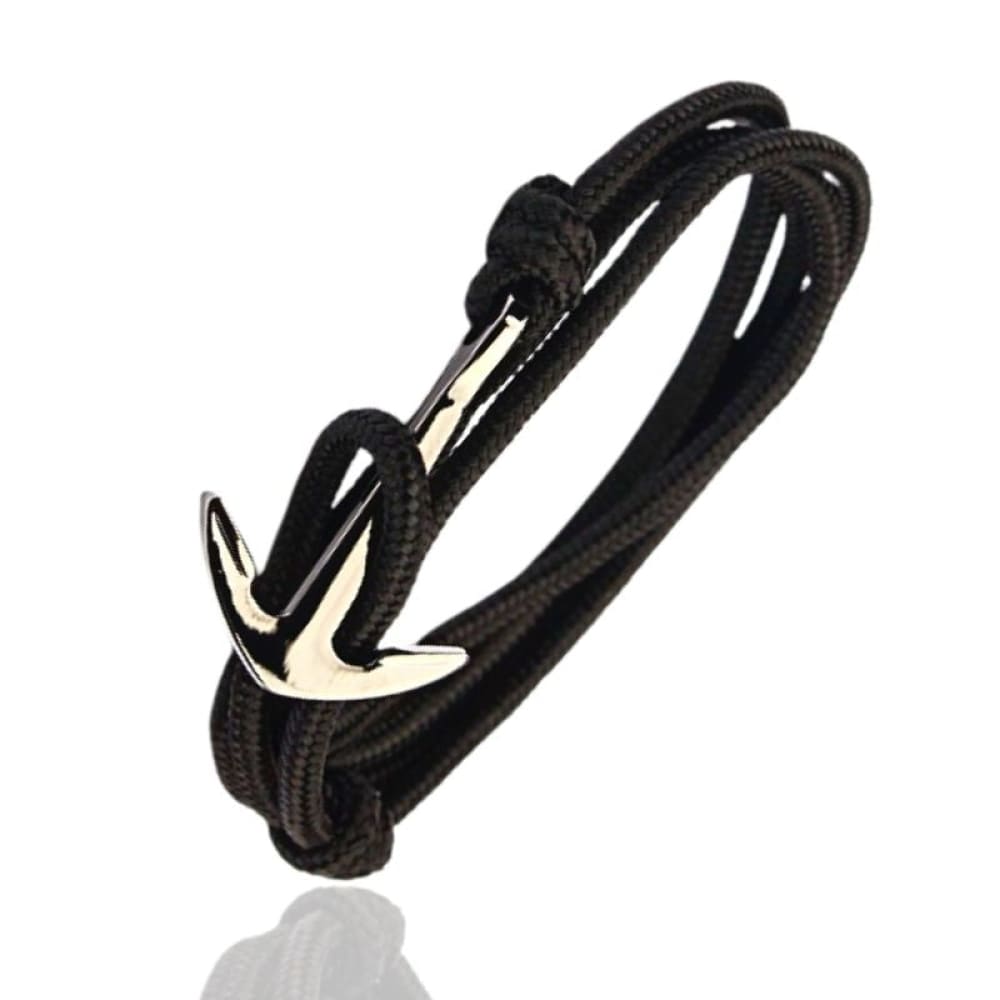
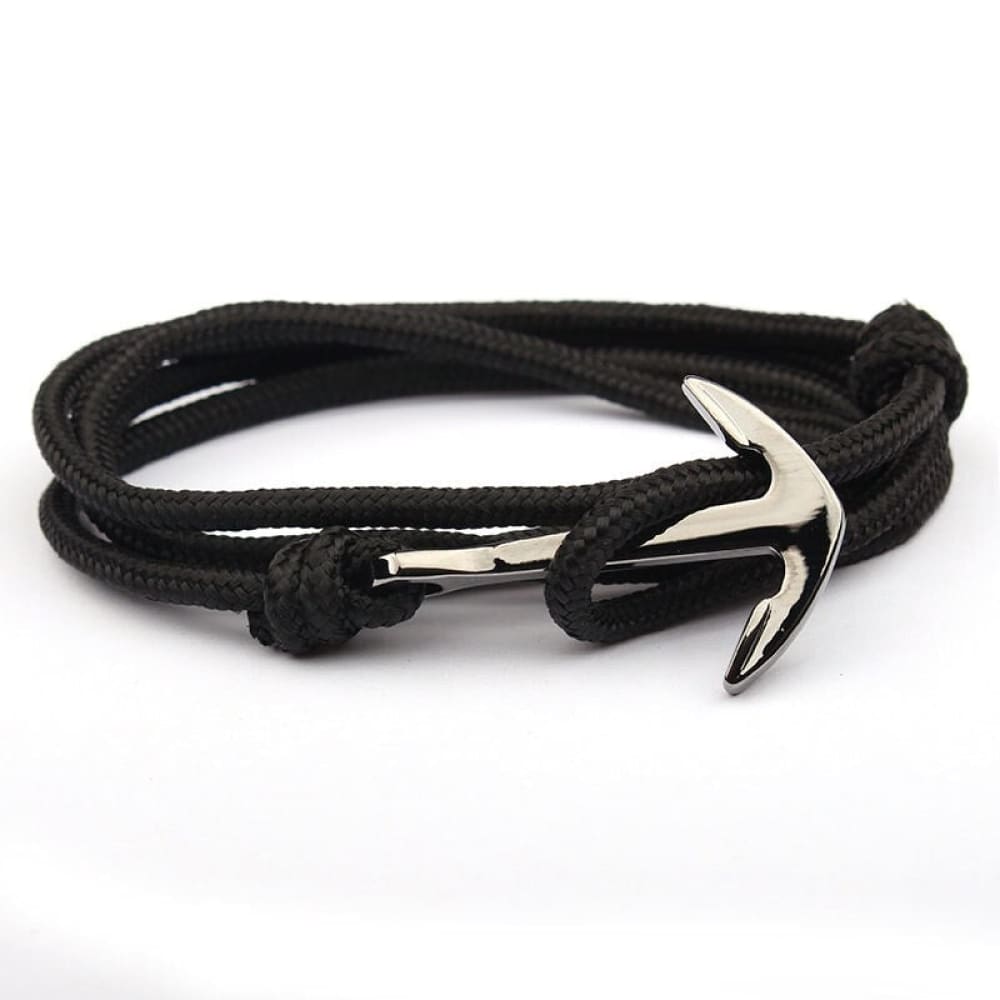



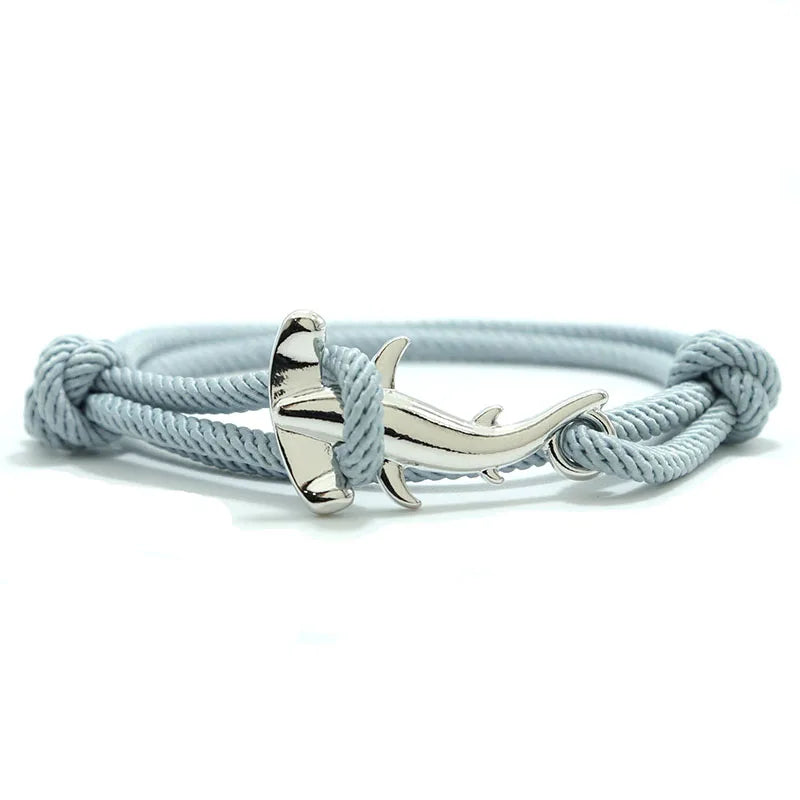


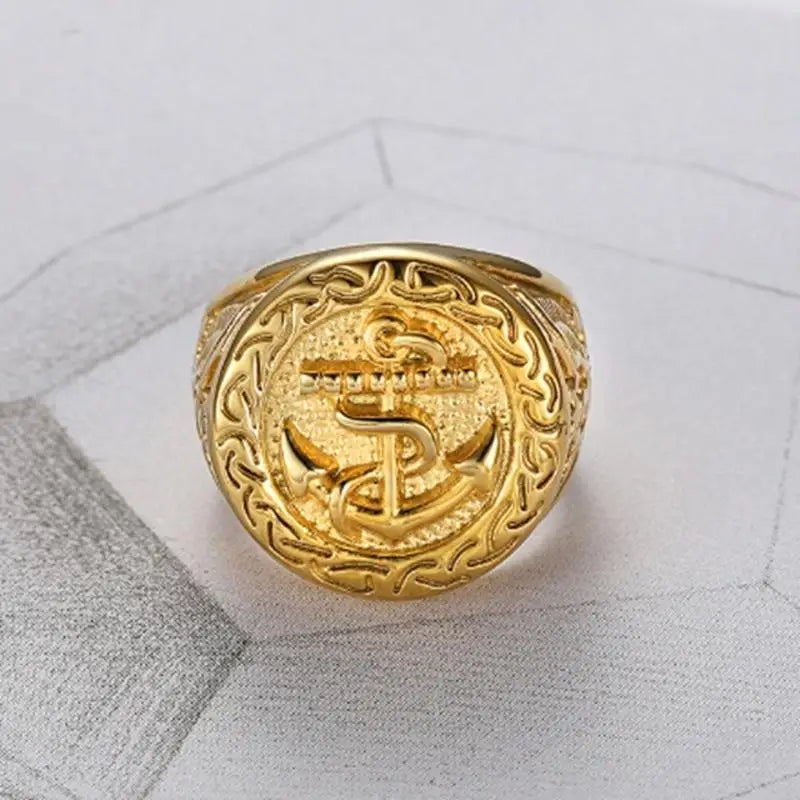
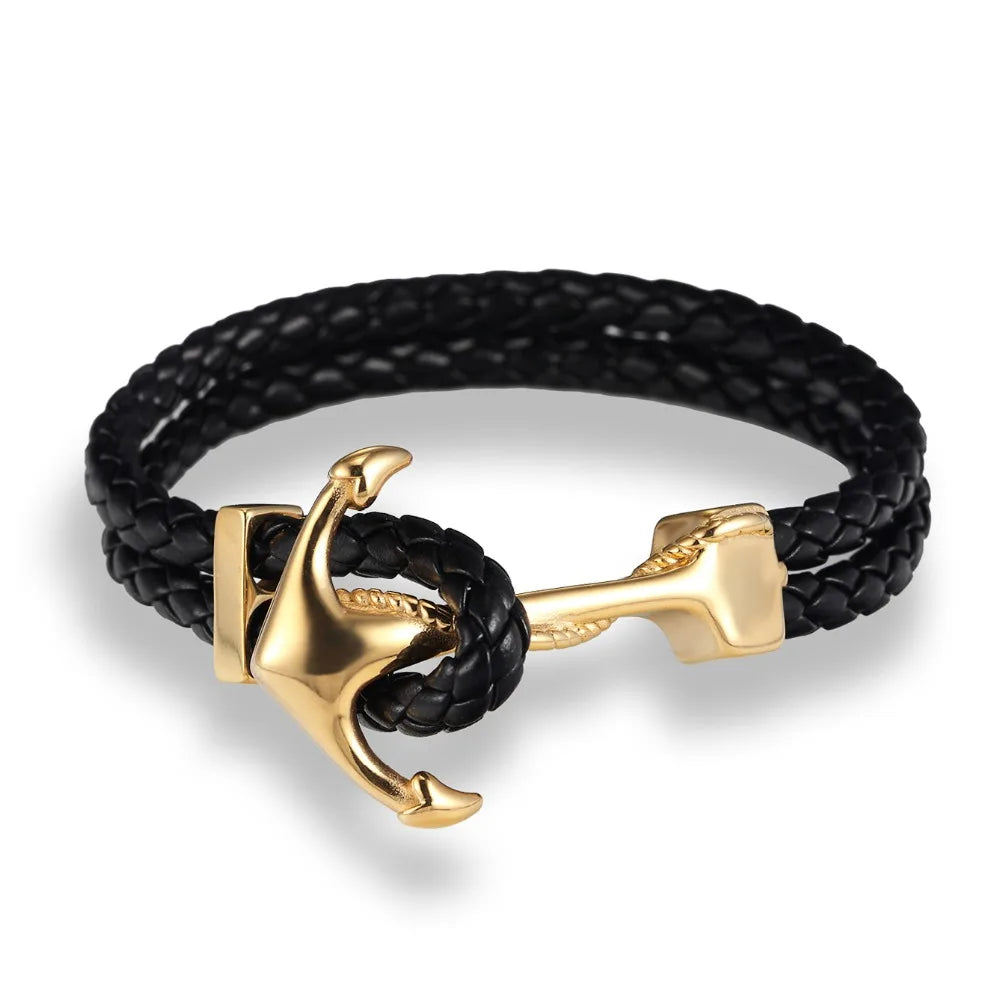





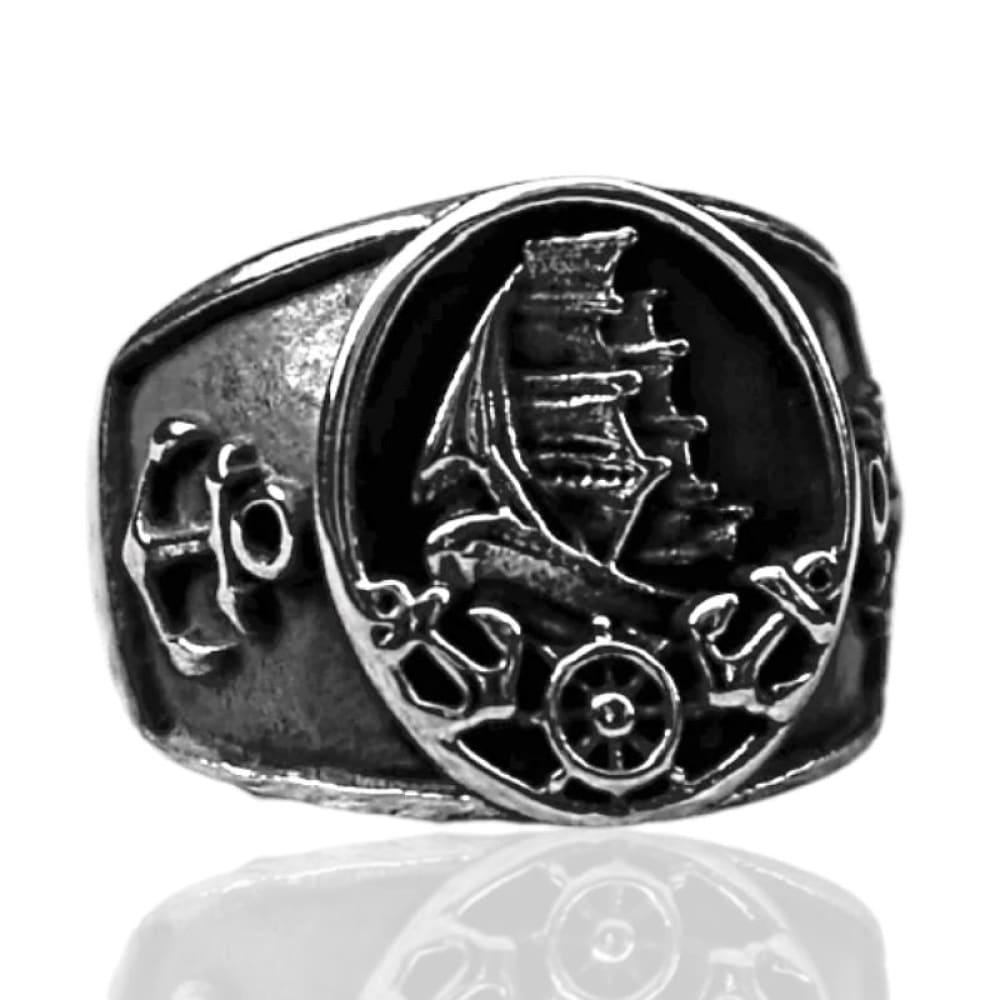
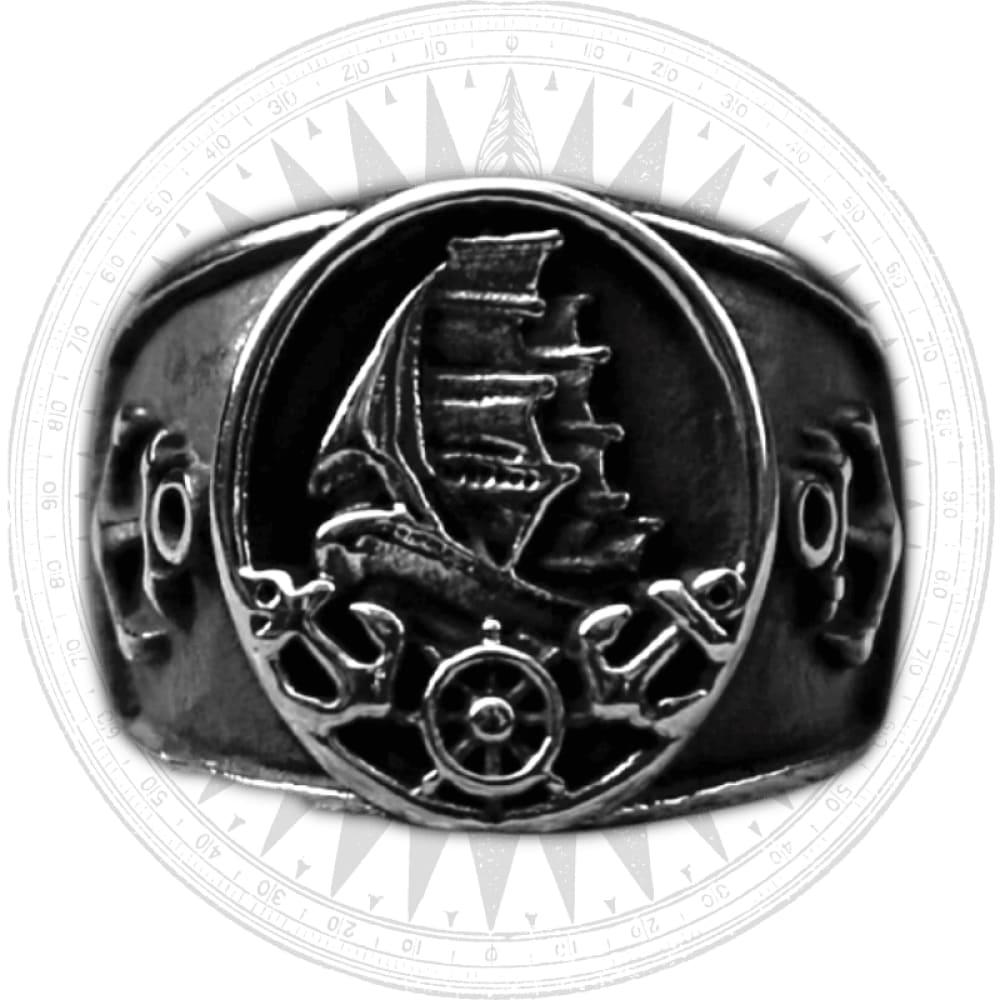



1 comment
fayza
Sea snakes truly are fascinating creatures of the ocean! It’s amazing how they’ve adapted so perfectly to marine life, from their paddle-like tails to their ability to dive deep for prey. A great read on these unique reptiles and the importance of preserving their habitats.